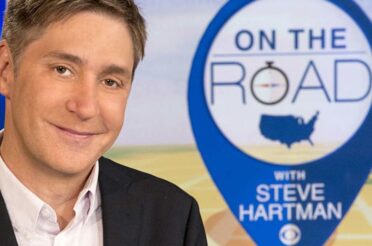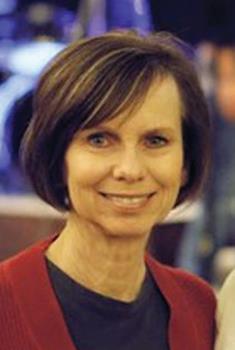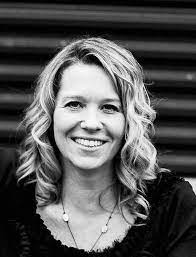By Roger Barbee
Recently I shared with a friend how I disagreed with a well-known economic expert and his views concerning the economy and pandemic. My friend listened to my rant and then told me that he knew the man, had worked with him, and admired him. While my friend valued the expert’s opinions, he admired mostly how the fellow had overcome a chemical dependency after years of struggle. All of a sudden for me, the person who had previously been only a one-dimensional figure who appeared in the news, became a human being. While I still disagreed with his economic views, I appreciated and honored his struggle and his success.
I have been thinking about that conversation and how public figures are too often judged by what we see of them in the media. While we are free, as I did, to reach conclusions about the political or other philosophies of public figures, we should be careful about forming any opinions concerning their character.
According to my on-line etymology dictionary our word character is explained as “The meaning of Greek kharaktēr meant an “engraved mark” and was extended in Hellenistic times by metaphor to mean “a defining quality, individual feature.”
Certainly the economic adviser had led “a secret life” while suffering addiction. Perhaps like many addicts he was successful as “a functional addict” who led two lives. And when he began battling his addiction that few folks were aware of, they would never know of his battle against it. His, like all who seek freedom from a chemical dependency, was a lonely battle, but he faced his demons and began to understand them. His character is defined by his success at overcoming his addiction, not by it.
I am not a trained economist, but like many citizens, I have opinions concerning that field and others. Fine. But opinions become dangerous when they lead to character assessment and that was my error concerning the economic adviser. I allowed my opposition to his economic views to become a judgement of the person, not just his philosophy. But when I learned of his struggles with addiction, his humanity became more important than his philosophy.
The American poet Longfellow writes, “Every heart has its secret sorrows which the world knows not, and oftentimes we call a man cold, when he is only sad.” The economic adviser is now freed of his sadness, and I hope to free myself of cold assessments of the character of another.







